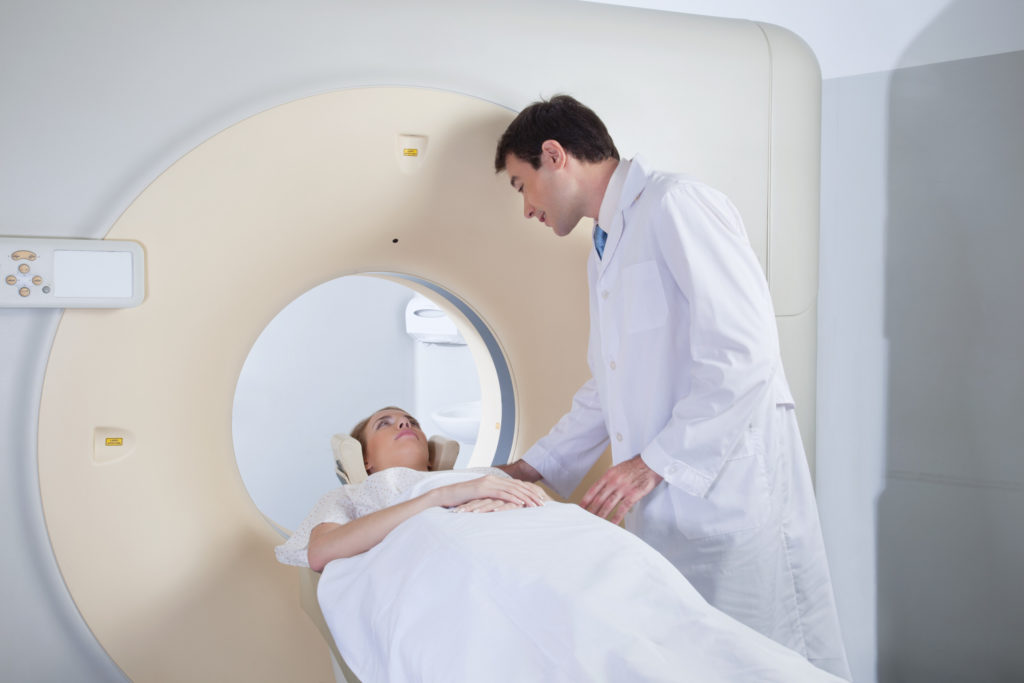A new mouse study has shown that cancer patients who take a certain antibiotic before treatment may see better results!
Even with advancements in treatment, cancer is still the second highest cause of death in the world. We saw nearly 9.6 million deaths from cancer in 2018, most of those being from lung and colon cancers.
Studies like this one show great promise in helping us to overcome the deadly disease.
What did the study show?
According to the study, which was conducted in mice, the gram-positive bacteria in the gut are altered when patients take the antibiotic vancomycin before radiotherapy. This change in bacteria helps to boost the immune system and enhance the anti-tumor effect of the treatment.
The most common treatment to fight cancer is radiation therapy. At least 50% of patients who have had cancer have been treated with radiation. Oftentimes, doctors combine radiation therapy with chemotherapy to fight different types of cancer. When treating the brain cancer, researchers have found that giving high-intensity radiation sessions less frequently can help boost the immune system to fight cancer.
The hypofractionated therapy is a kind of radiation therapy that works on a chain reaction. The therapy is able to destroy both local tumors and tumors in the distance. The distant action is known as the “abscopal effect.” According to the researchers, combining radiotherapy with immunotherapy has had a lot of clinical interest. The combination is expected to achieve an abscopal effect, meaning it will treat a tumor systematically instead of just locally. Other studies have suggested that gut bacteria interfere with the immune response. Therefore, scientists are trying to determine whether or not altering gut bacteria with an antibiotic may balance the radiotherapy’s anti-cancer effects.
What do antibiotics have to do with radiation therapy?

Andrea Facciabene, an associate professor of radiation oncology, is the senior investigator of the study. She and other researchers used vancomycin as an antibiotic to mess with the gut bacteria of the mice. They did this in order to induces gram-positive bacteria and its action in just in the gut. This did not affect the rest of the body’s microbiome.
The study was carried out using mice that were genetically modified to develop lung cancer, melanoma, or cervical cancer. The team administered the antibiotic orally, and then gave them hypofractionated therapy.
Research found that vancomycin increased the antitumor effects of the radiation therapy. It helped to get rid of the cancer cells that were directly attacked and also the cancer cells in the distance. This was achieved by enhancing the dendritic cell role. Dendritic cells are the immune system’s sentinels, which inform T cells that there’s an antigen and ask them to attack.
Facciabene explained, “Our study shows that vancomycin seems to boost the effect of the hypofractionated radiation itself on the targeted tumor site while also aiding the abscopal effect, helping the immune system fight tumors away from the treatment site. It is clear that antibiotics play a role and can potentially impact treatments and outcomes for cancer patients.”
The researchers are working on transforming their results into human clinical trials. They also know that there’s more research to be done in order to understand the role of specific bacterial strains in changing the body’s immune response.




























